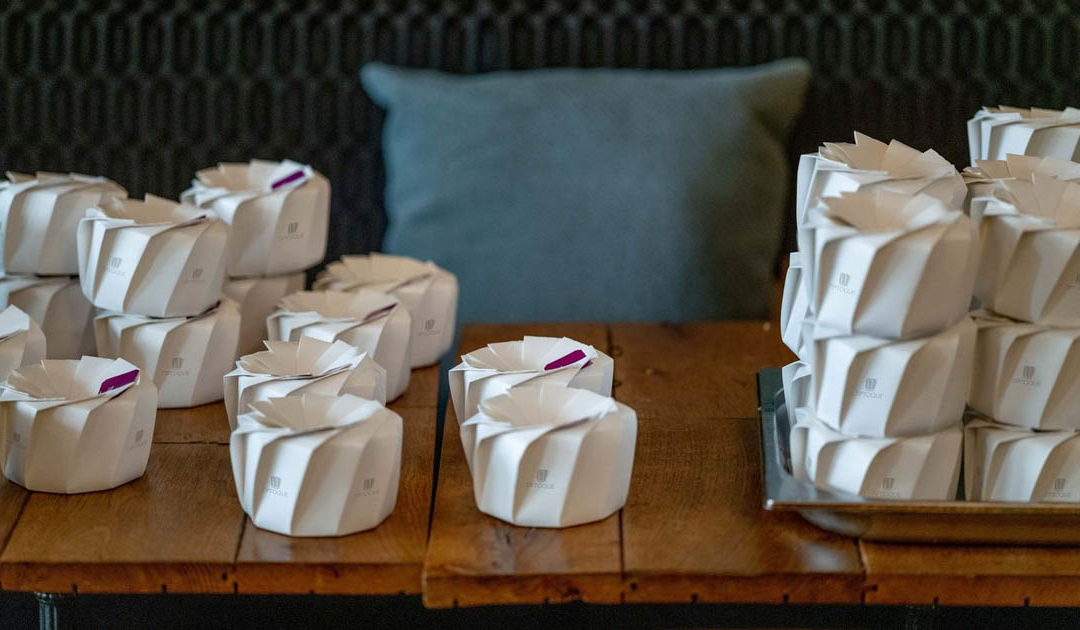Tiptoque’s packaging designed for gourmet meals © Michelin
There are some 1,500 of them in France. Dark kitchens are on a roll, thanks to a home meal delivery market that continues to grow. But if the public is keen, not all chefs love them. Starting with Bruno Doucet.
“Everyone has the right to work. But we don’t all have the same constraints. “Bruno Doucet is one of those chefs who are not satisfied with dark kitchens, whose concept is based on preparing dishes in laboratories and then delivering them to the home. At the head of the brigade at La Régalade, in Paris, the chef criticizes these phantom restaurants “which do not pass on or train young people and are more likely to practice deep-frying than local food sourcing”. Originating in the United States, the dark kitchen movement has grown in France with the health crisis, especially during the first lockdown. And for good reasons: with the shutdown of bars and restaurants, meal delivery has exploded. According to the latest report on out-of-home dining by the NDP Group, delivery jumped by 25% in 2020. A new record. In such a context, these “other” kitchens, with no tables set up or room to receive customers, have seen their turnover skyrocket. Run by a company or directly by a delivery platform, such as Uber Eats or Deliveroo, the dark kitchen model is appealing to brands such as Courtepaille as well as starred chefs. Like Laurent Trochain, in Trembaly-sur-Mauldre, in the Yvelines, who this winter opened a unit called “Pépé le roi du poulet” (Pépé, the King of chicken), in an annex adjoining his gourmet restaurant.
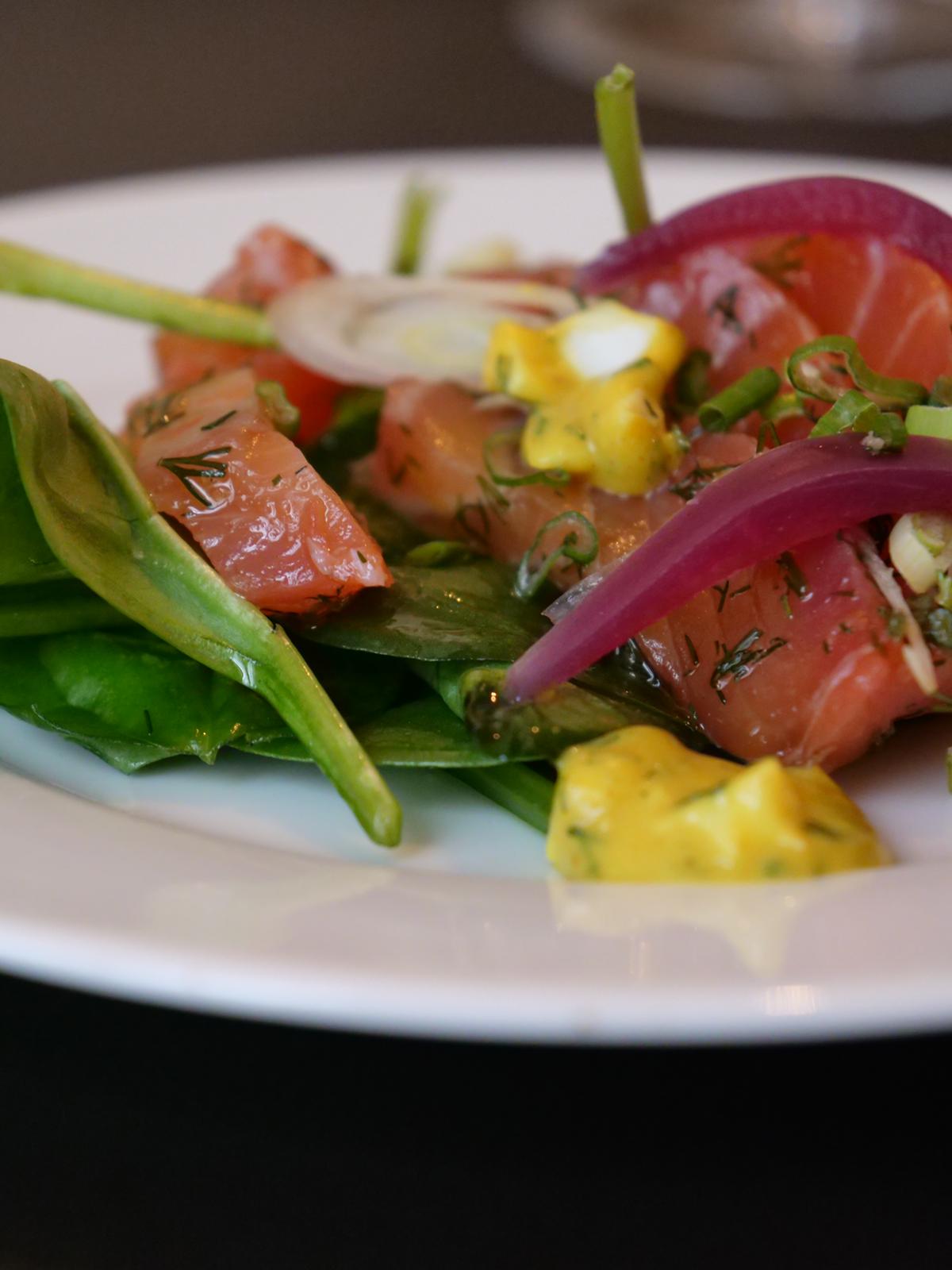
Gravlax salmon from La Régalade © Harupimedia
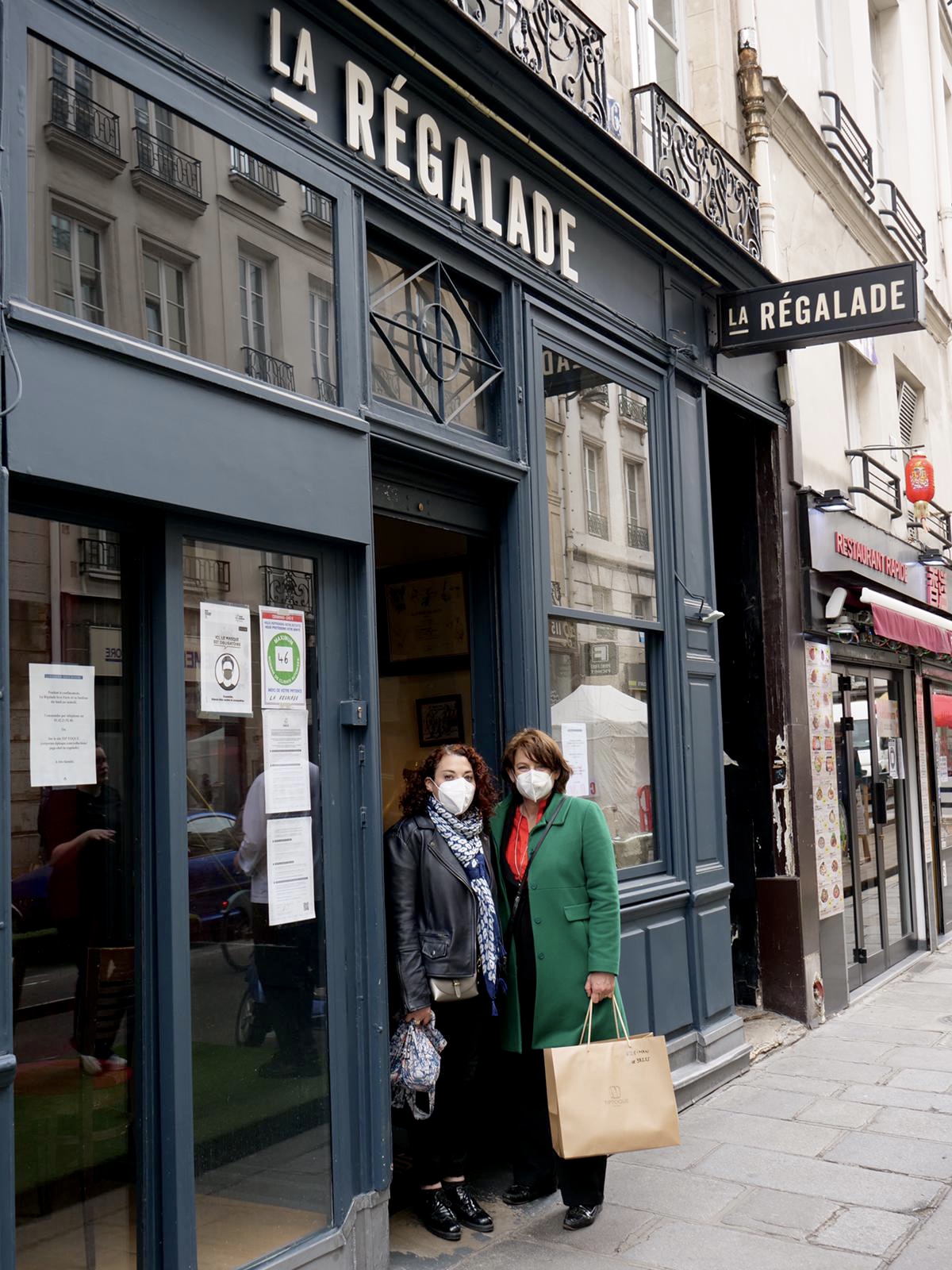
Estrella and Philippine at La Régalade © Harupimedia
![IMG_9688[67]](https://www.talent-developer.com/wp-content/uploads/2021/05/IMG_968867-scaled.jpg)
Estrella’s birthday lunch by La Régalade “to go”!
“I’m on the same page as Tiptoque”
Bruno Doucet, a leading figure in Parisian bistronomy, is not “anti-delivery”. Rather the opposite. And all the more so as he has been doing takeaway sales since November 2020. But he says he is sensitive to the human and ethical values put forward by those who carry, transport, and deliver. Moreover, he and many other chefs – including Guillaume Gomez – are members of the “La cuisine, pas l’usine” (“The kitchen not a factory”) collective. On its Instagram site, this movement points the finger at the dark kitchen concept which “does not welcome the public, produces several styles of cuisine in the same place, recruits mainly multi-skilled employees, produces and assembles its dishes in less than 5 minutes…”. In addition, there is a manifesto entitled “I refuse…! Uber Eats – Deliveroo – Just Eat, these intimate enemies of the restaurant industry”. Written by journalist Emmanuel Rubin, this text reviews all the limitations of the companies mentioned in the title. “I work with Tiptoque“, says Bruno Doucet. A platform not completely like the others. Of course, it delivers meals, but these are prepared by chefs listed in the Michelin Guide, who focus on fresh, seasonal products and local suppliers. The first guarantee of quality, completed by practical, recyclable packaging, suitable for the oven and microwave. “I’m on the same track”, says Bruno Doucet. And although he admits that his beginnings with takeaway sales were difficult, “today I make 35% of my turnover, when the average for restaurant owners is 15%”.
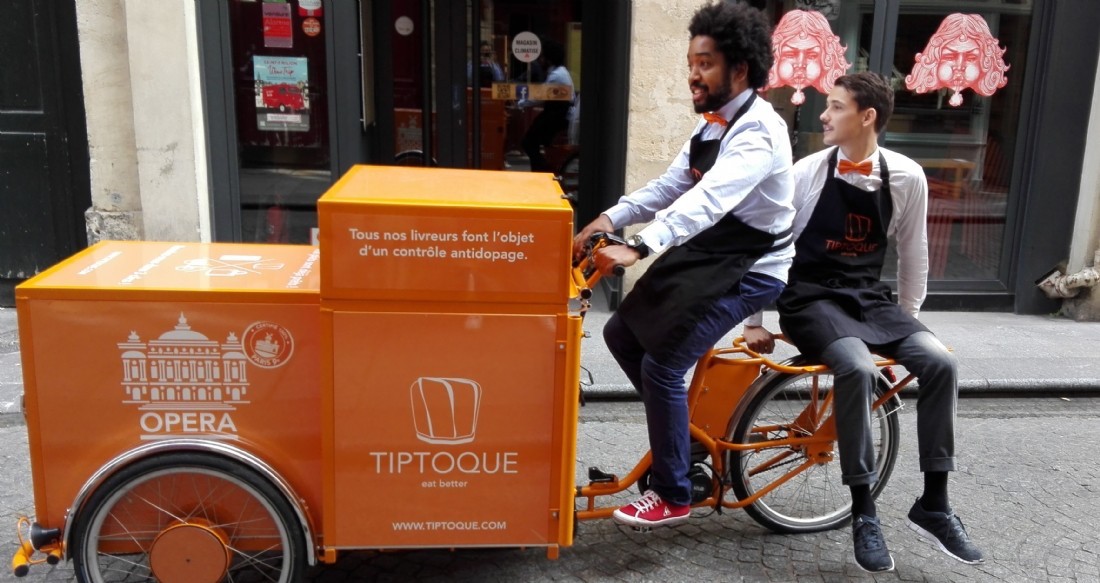
Tiptoque, the delivery platform for gourmet meals referenced by the Michelin Guide © Tiptoque

“I refuse”, the manifesto denouncing Dark Kitchens written by journalist Emmanuel Rubin © Alexandros Rallis
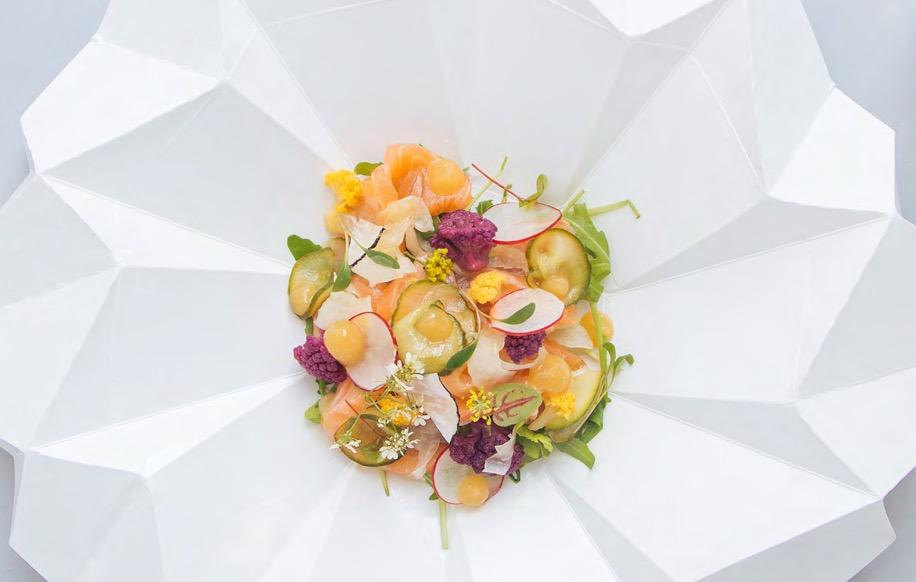
Practical, recyclable and oven-safe packaging by Tiptoque © Manon C.
If he is disappointed by a delivery, he switches to another platform in one click…
It is difficult to count the exact number of dark kitchens in France. However, the figure of 1,500 is in circulation. An approximation for some, an underestimate for others. Whatever the case, the health crisis has given a boost to takeaway sales. This no longer concerns only pizzas and sushi. However, consumers are still waiting for transparency on what they order and eat. If they are disappointed by a delivery, they will switch to another platform in a click. The founders of Tiptoque, but also the Big Mamma group, have understood this. After click & collect, in the spring of 2020, it created Napoli Gang, first in the form of a dark kitchen, then with its own kitchens, to be in line with its positioning of sourced products, 100% homemade dishes and organic wines. A concept that has everything to seduce the post-covid “eater”, in search of quality, reactivity, speed, without necessarily moving from his sofa.
